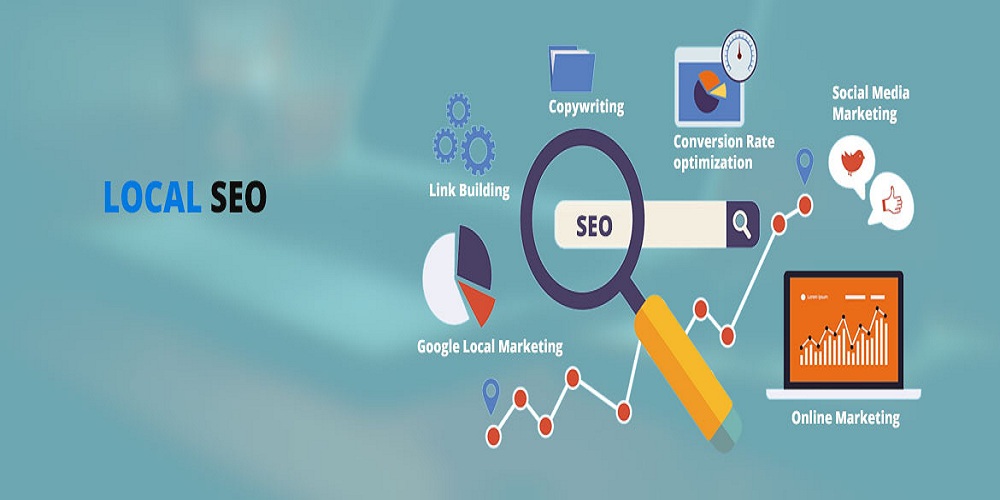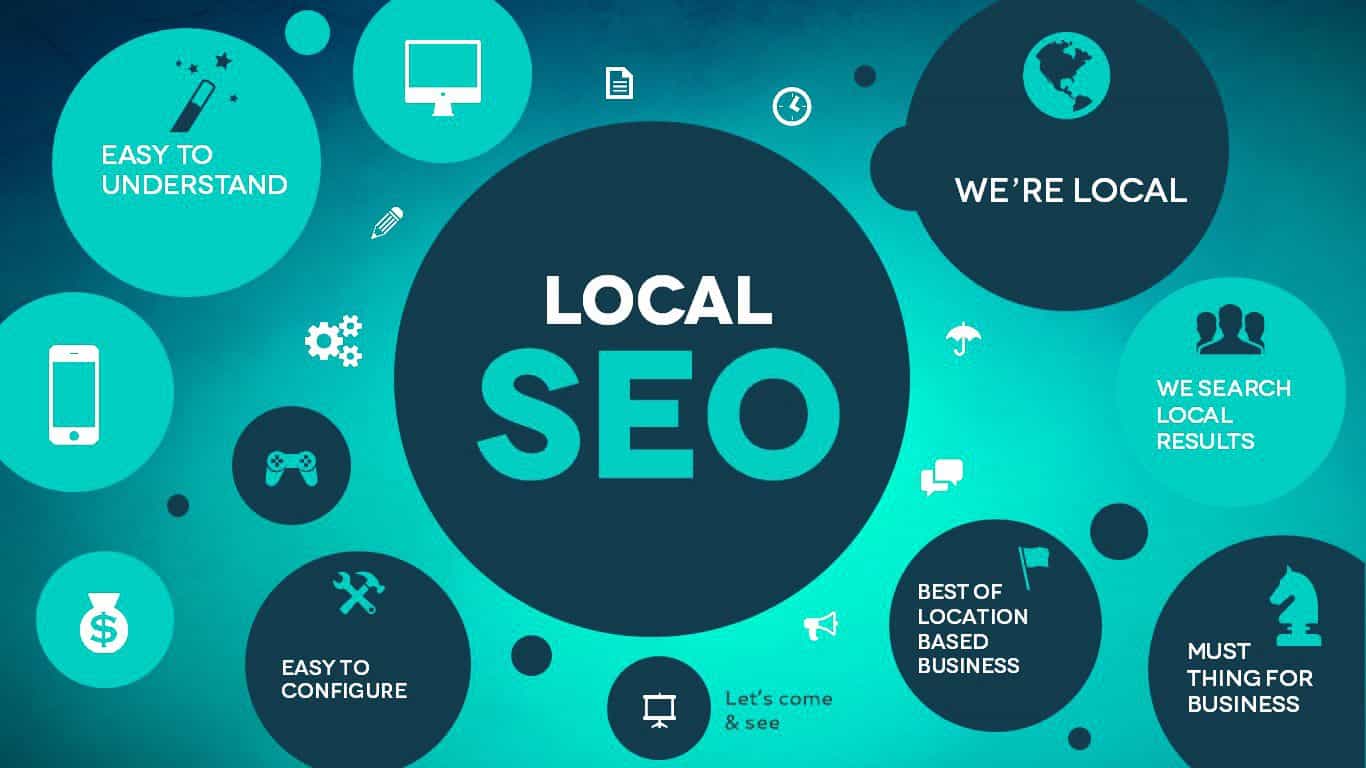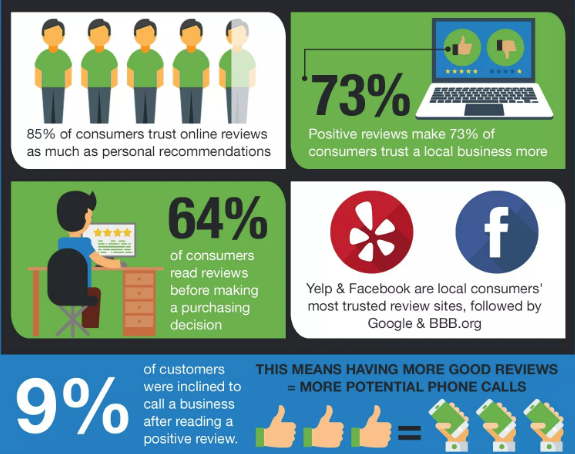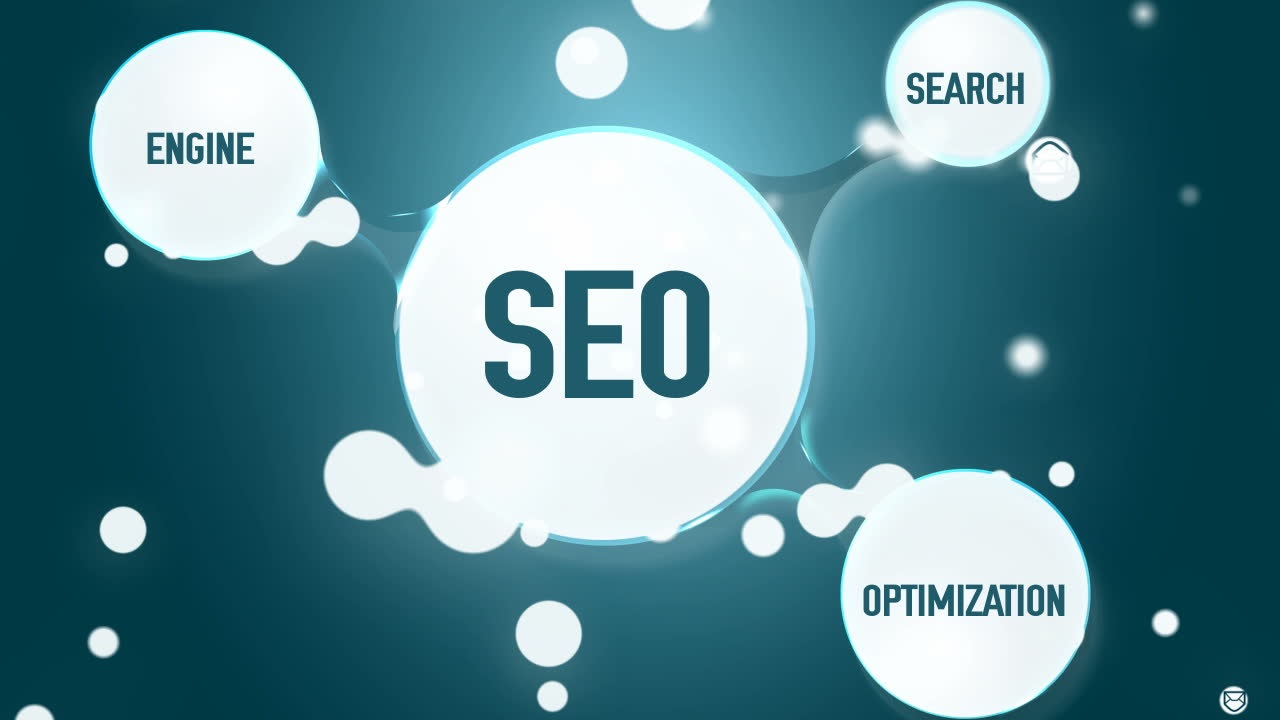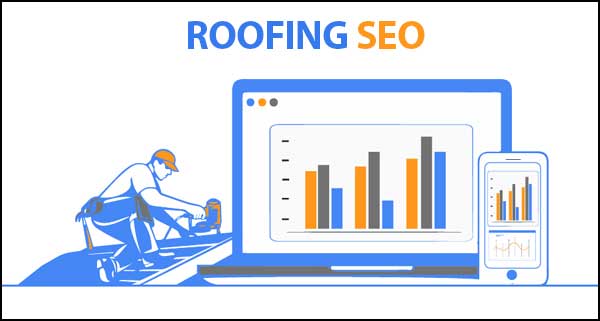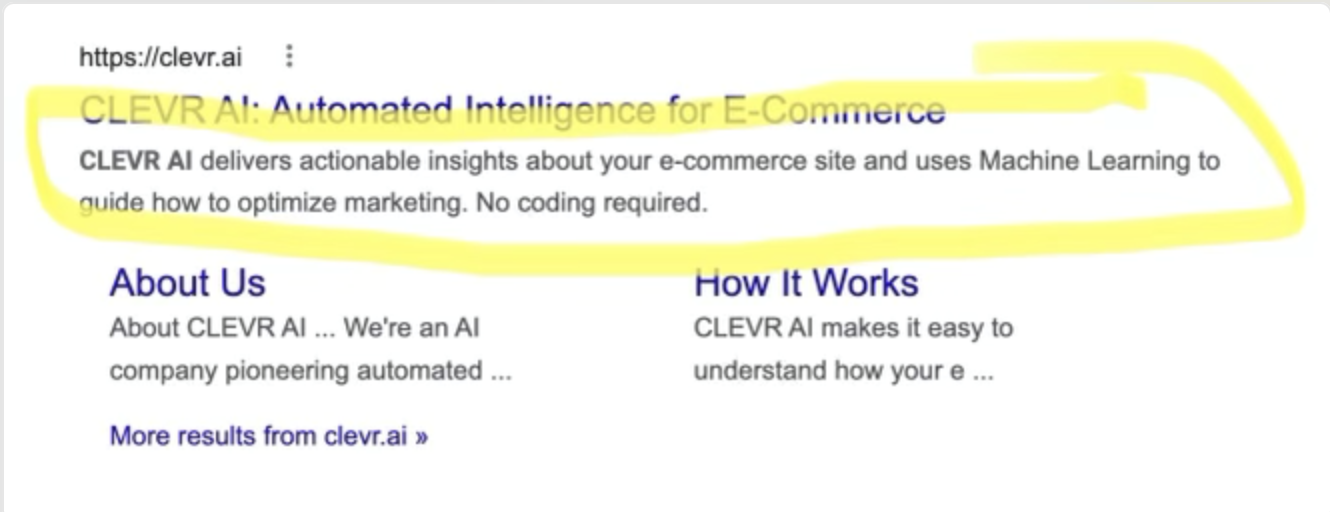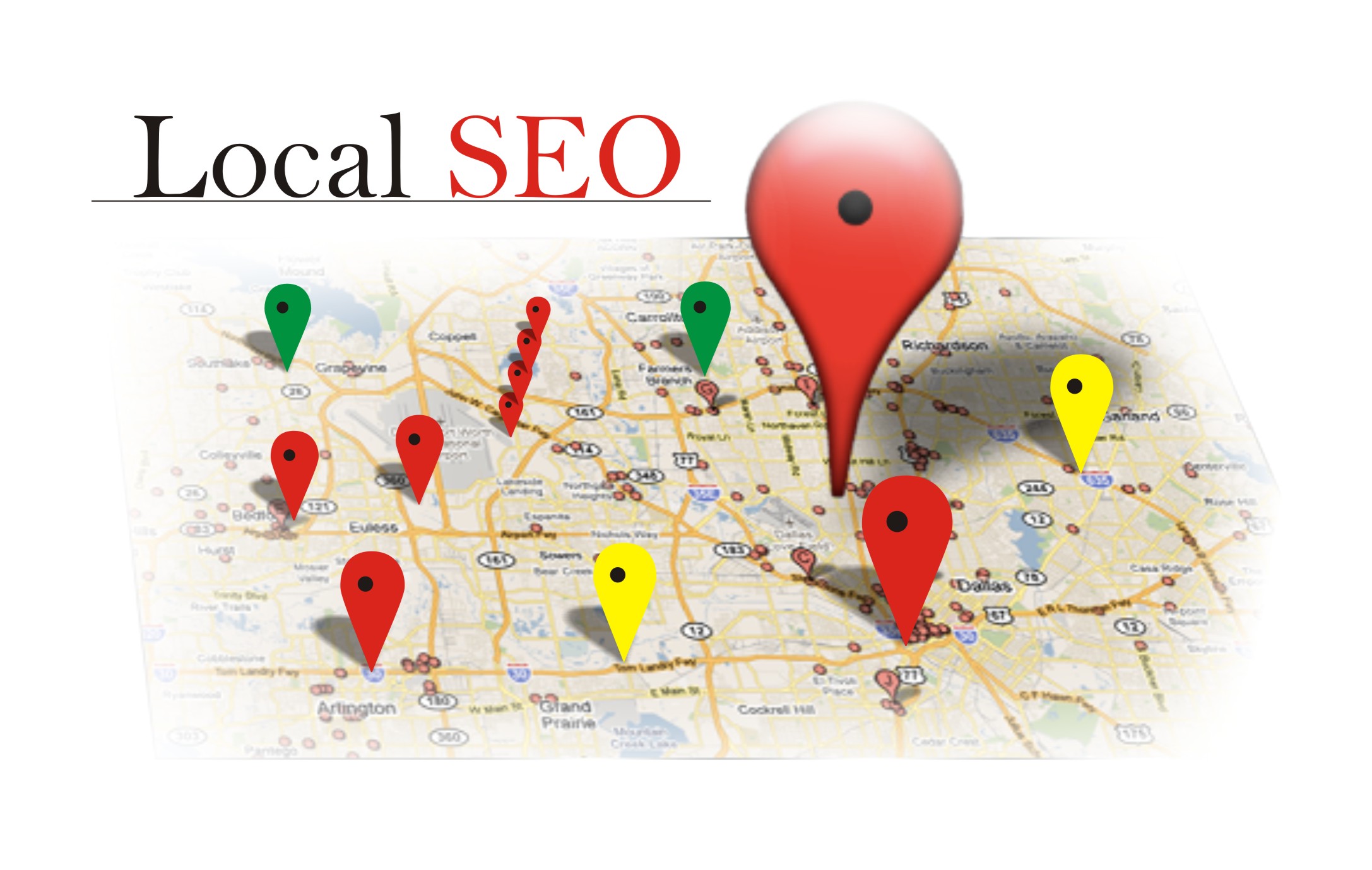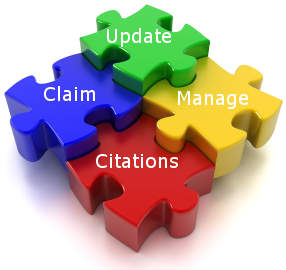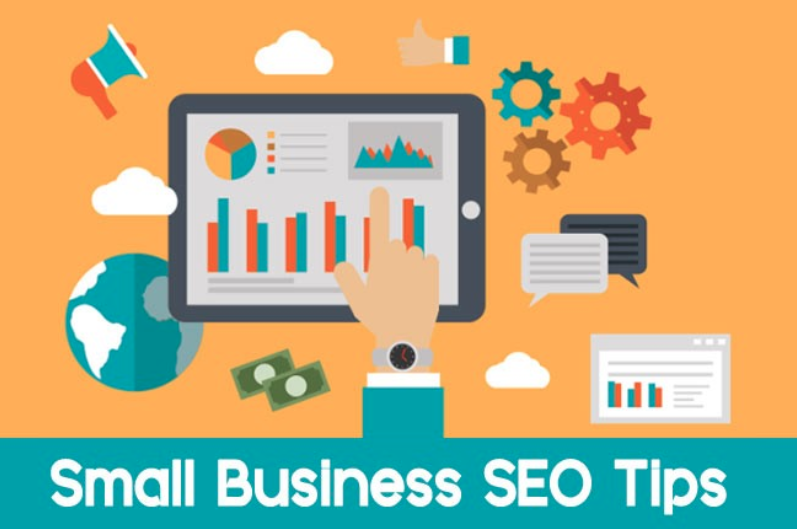Today, I’d like to share some useful information for those of you who operate websites or blogs. It’s about purchasing backlinks. If you’ve been curious about how to purchase backlinks for Google top exposure, pay attention to my post today!

Table of Contents
Understanding the Importance of Google Top Exposure
For people involved in internet business, Google top exposure is a crucial factor. Websites positioned at the top of Search Engine Results Pages (SERP) attract more traffic, providing significant advantages in customer acquisition and brand awareness enhancement. For this reason, many companies employ various SEO strategies to elevate their Google ranking.
Essential Considerations for 백링크 구매 for Google Top Exposure in 2024
Traffic Increase: Websites positioned at the top of SERP are more noticeable in search results, leading to more users clicking on them. Consequently, website traffic increases, enhancing advertising revenue and other business performance metrics.
Customer Acquisition: High-ranking websites make it easier for customers to find the information or products they are looking for. This aids in customer acquisition and improving conversion rates, especially in competitive markets where Google top exposure is essential.
Brand Awareness: Google top exposure plays a significant role in boosting brand awareness. Websites positioned at the top enhance the trust and reputation of the brand when users search for specific keywords, aiding in brand building alongside ongoing marketing efforts.
Competitive Advantage: Achieving Google top exposure allows for a competitive edge. More users visit websites positioned at the top, creating opportunities to outperform competitors and increase market share.
Role and Effects of Backlinks
In Search Engine Optimization (SEO), backlinks refer to links from external websites to one’s own website. They play a crucial role in evaluating a website’s quality and popularity by search engines. Having backlinks increases the likelihood of search engine crawlers visiting, indexing, and ranking the website.
The key roles of backlinks include:
Enhancing Website Trustworthiness: Backlinks signify that other websites are referencing one’s website, aiding search engines in assessing its trustworthiness. Backlinks from reputable sources elevate a website’s authority and credibility.
Improving Ranking: Search engines consider a website’s backlinks when determining its ranking. More backlinks often lead to higher rankings, especially when they originate from authoritative or relevant websites.
Increasing Traffic: When a website receives backlinks from other websites, it gains exposure to more users, leading to natural traffic growth and aiding in the website’s development.
Enhancing SEO Performance: Backlinks contribute to overall SEO performance enhancement. Improving a website’s quality and relevance through backlinks leads to higher visibility and ranking on search engines.
To establish an effective backlink strategy, it’s necessary to acquire backlinks from various sources such as social media, blog posts, forums, and guest postings. It’s essential to acquire backlinks from relevant websites while avoiding spam or fraudulent ones.
Considerations Before Purchasing Backlinks
While purchasing backlinks is a useful strategy for Google top exposure, several considerations need attention. Here are the main factors to consider before purchasing backlinks:
Quality and Relevance: The most crucial aspect when purchasing backlinks is their quality and relevance. It’s essential to obtain backlinks from high-quality, relevant websites, as backlinks from spammy or low-quality websites may have adverse effects.
Long-term Goals: While backlink purchases may yield short-term benefits, it’s essential to have long-term goals in mind. Over time, accumulated high-quality backlinks will have a more positive impact on search engine rankings.
Cost-effectiveness: Since purchasing backlinks incurs costs, it’s necessary to consider budget constraints and select the most cost-effective options. Comparing various price ranges and services to find the optimal deal is advisable.
Tracking and Monitoring: After purchasing backlinks, tracking and monitoring are vital. Regularly checking backlinks and removing spam or invalid links minimizes negative impacts on search engine rankings.
Legal and Ethical Considerations: In some countries, purchasing backlinks may be illegal or considered unethical. It’s crucial to acquire backlinks through legitimate means while considering legal and ethical aspects.
By considering these factors, implementing a backlink purchase can lead to a more effective Google top exposure strategy.
Finding Trustworthy Backlink Providers
When considering 백링크 구매하기 for Google top exposure, finding trustworthy backlink providers is crucial. Below are some tips for finding reliable backlink providers:
Reviewing Website Feedback: Visit the provider’s website and review customer feedback. Customer reviews provide insights into the provider’s service quality, communication, and business processing speed.
Researching Industry Reputation: Seek advice from industry experts or colleagues, or gather information from online communities or forums to research the provider’s reputation.
Verifying Certifications and Guarantees: Some backlink providers offer certifications or guarantees. Verifying these certifications or guarantees helps validate the provider’s reliability.
Reviewing Payment Methods and Refund Policies: Review available payment methods and verify clear refund policies. Choosing a provider that offers secure payment methods and smooth refunds is advisable.
Requesting Sample Links: Request sample links from the provider to confirm the actual creation of backlinks. Viewing real cases helps assess the provider’s capabilities and quality.
Transparency and Communication: Choose a provider who demonstrates transparency in their work process and results and actively communicates with customers. Providers who maintain ongoing communication and feedback during projects are more reliable.
By considering these tips, you can find a trustworthy backlink provider and establish a successful Google top exposure strategy.
Step-by-Step Approach to Backlink Purchase
If considering backlink purchase for Google top exposure, here’s a step-by-step approach to follow:
Goal Setting: Start by defining target keywords and target audiences. It’s crucial to clearly define who to target and which keywords to rank for.
Budget Setting: Set a budget based on the defined goals. Backlink purchase prices vary among providers, so comparing quotes from multiple providers helps determine the budget.
Backlink Provider Selection: Choose a suitable provider from multiple backlink providers. Utilize the tips mentioned earlier to find a reliable backlink provider.
Contract Signing: Sign a contract with the selected provider. The contract should specify work details, timelines, costs, etc.
Monitoring: After backlink creation, regularly monitor progress. Confirm whether the work has been completed as expected and track any ranking improvements.
Result Analysis: Lastly, analyze and evaluate results. Assess whether the goals have been achieved and identify areas for improvement or future strategies.
By following this systematic approach, you can effectively purchase backlinks and achieve Google top exposure.
Post-Backlink Purchase Monitoring and Management Strategy
After purchasing backlinks, continuous monitoring and management are necessary. Below are considerations for a successful backlink strategy:
Real-time Website Monitoring: Use real-time website monitoring tools to track external traffic sources and identify incoming links. This helps understand competitors’ activities and quickly adapt to search engine algorithm changes.
Regular Backlink Analysis: Regularly analyze backlinks to evaluate quality and identify churn or spam links. Utilize free backlink analysis tools or opt for paid services for comprehensive analysis.
Utilize Social Media: Use social media platforms to drive traffic to the website. Create shareable content, engage with followers, and maximize exposure with hashtags.
Strengthen Content Marketing: Focus on creating high-quality content and actively distribute it. Providing useful and engaging content attracts subscribers and earns high-quality backlinks.
By adopting such a comprehensive approach, you can optimize your website and get closer to Google’s top exposure.
If you’re also concerned about marketing like I am, why not try solving it with the 백링크 업체 I introduced today?

